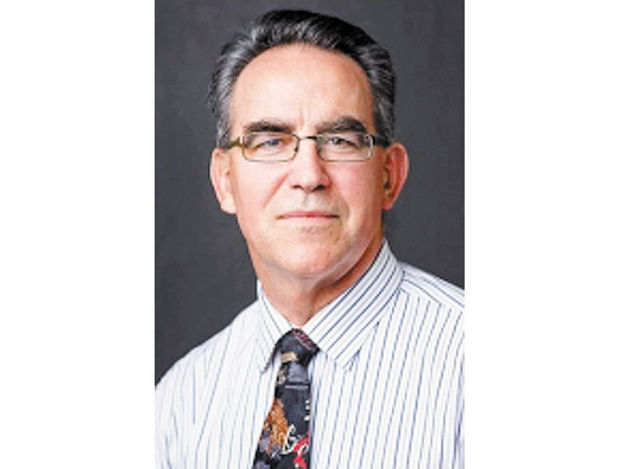LIHUE — Apollo Kauai has invited Eric Woychik to speak about future possibilities in the energy sector on Kauai. Woychik has a doctorate in business management. The public event is from 6 to 8 p.m. Wednesday at Kauai Community College,
LIHUE — Apollo Kauai has invited Eric Woychik to speak about future possibilities in the energy sector on Kauai. Woychik has a doctorate in business management.
The public event is from 6 to 8 p.m. Wednesday at Kauai Community College, OCET Building, Room 106.
Several years ago, Kauai County and Kauai Planning and Action Alliance led a planning process that engaged the community on critical energy sector goals. This process resulted in the creation of the Kauai Energy Sustainability Plan.
“There were many challenging and unresolved issues, but one thing that stood out — the vision of 100 percent local energy sustainability was put forward by the community,” Pamela Burrell, co-chair of Apollo Kauai, wrote in a release for the event. “Since that time a lot has happened. KIUC has made substantial progress on their own strategic goal of 50 percent renewable energy by 2023.”
In addition, the state has begun to move on its goals of the Hawaii Clean Water Energy Initiative and Kauai County has made steps forward on the KESP, states the release.
Apollo Kauai has invited Woychik to discuss what’s in store for the future.
Woychik is one of the panelists who will be addressing attendees at Kauai Economic Development Board’s 2013 Energy Conference on Thursday at the Kauai Marriott Resort and Beach Club.
Some of the questions Woychik will address include: Can Kauai lead the state in energy transformation? Is 100 percent local energy sustainability possible and/or desired? What might some of the tools be to get there? What would the transformation of our utility look like? What are our roles as diverse members of the Kauai community in such a scenario? And, what are possible next steps to move us forward together toward this ambitious goal?
Woychik has experience in energy reforms and strategy.
This includes advice on energy strategy, policy mechanisms and business models for more than 120 energy utilities and work with governments as well as multiple stakeholder groups in more than 21 countries.

Subscribe today for unlimited access.
Already a subscriber?
Login
Not ready to subscribe?
Register for limited access.
If you have a print subscription but require digital access,
activate your account.


